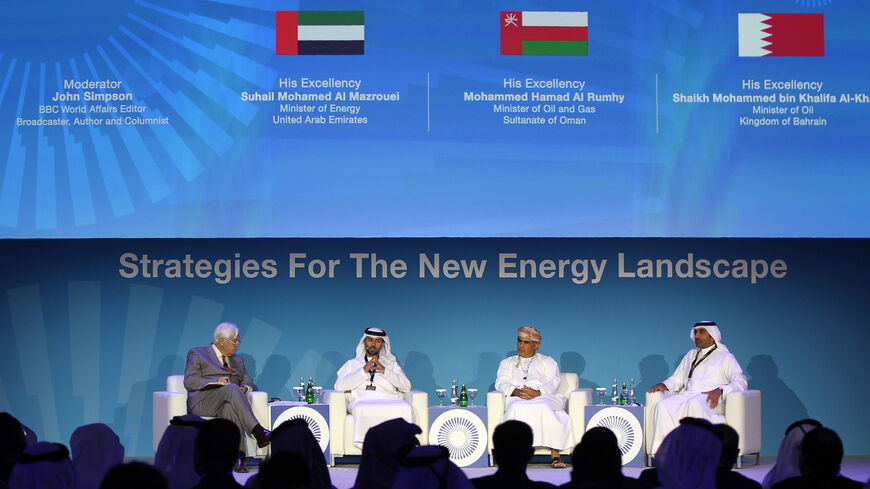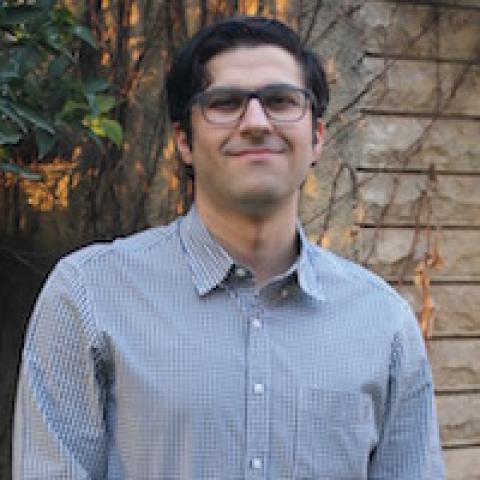The United Arab Emirates is committed to investing in oil and gas, even as the world seeks more renewable energy.
UAE Minister of Industry and Advanced Technology Sultan Ahmed Al Jaber spoke today at the Abu Dhabi International Petroleum Exhibition and Conference (ADIPEC). The conference will run until Thursday. In his opening remarks, the minister warned against abandoning hydrocarbon energy sources in the current economic climate.
“Now is not the time to point out that the longer term underinvestment in oil and gas has made a difficult situation even worse,” said Jaber, referencing the energy supply chain shocks following the Russian invasion of Ukraine.
The minister warned attendees against “zeroing out” on hydrocarbon investment, saying that this would result in the loss of millions of barrels of oil per day.
“This would make the shocks we experienced this year feel like a minor tremor,” he added.
At the same time, Jaber endorsed exploring renewable energy forms, pointing out that much of the world lacks reliable electricity.
“It is not oil, or gas, or solar, or wind, or nuclear or hydrogen,” he said. “It is all of the above.”
Saudi Energy Minister Prince Abdulaziz bin Salman made similar remarks at ADIPEC.
“We and the UAE are increasing our production capacity. We and the UAE are increasing our refining … but also achieve all the sustainability goals,” said Salman.
This year’s conference also includes more focus on reducing carbon emissions. To this end, ADIPEC added a “decarbonization zone” forum. Sponsors include the Environmental Defense Fund advocacy group and the Brussels-based Hydrogen Council, but also oil companies such as Baker Hughes.
There is a particularly strong focus on hydrogen as an energy source. Day one of ADIPEC featured a “hydrogen panel.” Participants included Fertiglobe, which produces ammonia, and the oil giant Shell.
The Abu Dhabi National Oil Company (ADNOC) also announced today during the conference the reduction of its “methane target.” Methane, like carbon dioxide, is a greenhouse gas that many scientists believe contributes to climate change.
Why it matters: The Emirati and Saudi energy minister remarks come as the international community is seeking to reduce carbon emissions and focus more on renewable energy. Both countries, as members of the OPEC+ alliance, are also at odds with the United States over President Joe Biden’s efforts to make them boost oil production. Earlier this month, the cartel endoresed a major supply cut so as to keep prices high.
ADIPEC’s focus on hydrogen is also in line with the UAE’s energy policy. In May, ADNOC established a hydrogen partnership with British Petroleum.
Know more: Indian Minister of Petroleum and Natural Gas Hardeep Singh Puri warned against high oil prices at ADIPEC.
“If you raise the price from here, the only response is that the recession will be deeper and prolonged,” he told Bloomberg.







